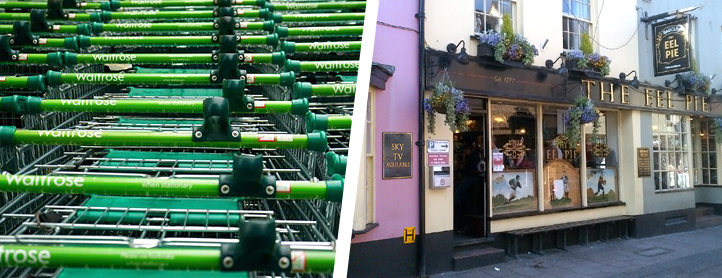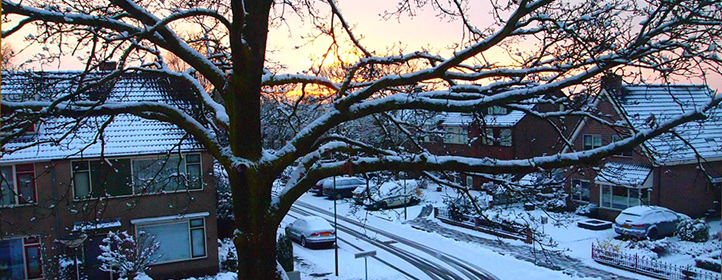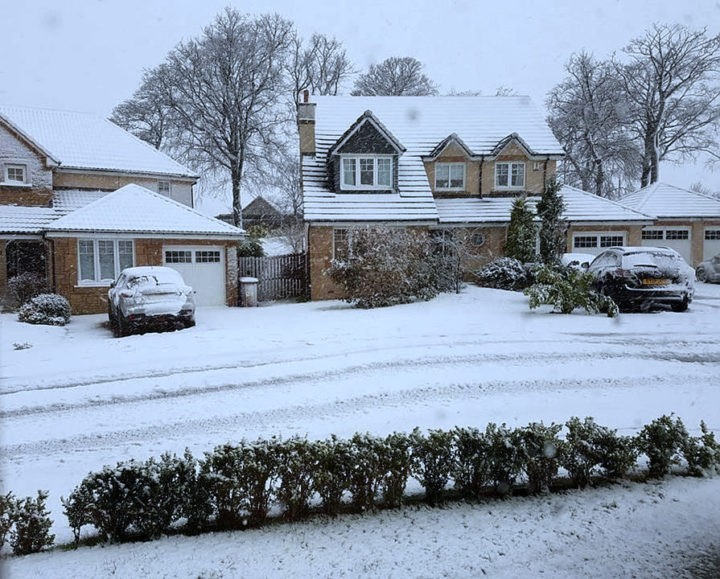In a tough and competitive market where every small advantage can make all the difference to selling your property, maximising rental yield or minimising voids, it’s important to be aware of all the factors that can affect the value of your buy-to-let property.
There are plenty of improvements that you – as a landlord – can make to your rental property, but there are also elements outside of your control which can cause property prices to rise and fall.
To help ensure that you aren’t overlooking any potential goldmines, The Landlord Link has taken a look at some of the lesser-known things you should be taking note of.
1. Road Name
‘Close’, ‘Drive’, ‘Way’… they’re all very much the same, right? Wrong!
Studies have shown that people would rather live on a ‘Lane’ than a ‘Terrace’. And ‘Hill’ is far more popular than ‘Street’.
This may seem like a subtle distinction but property values can reportedly be affected by up to 50 percent in comparison to the national average, so it’s certainly worth considering.

2. Local Convenience
Okay, so you may already have heard of the ‘Waitrose Effect’ but rather than being just a buzzword in the property game, it has in fact been proven to have a very real impact on property prices.
Close proximity to a Waitrose or an M&S can add a bump of 9% over other houses in the local area, whilst the likes of Aldi and Lidl lead to a much more modest increase.
It’s not just supermarkets either – a posh Italian such as Zaza or Carluccio’s will see a positive effect whilst a McDonalds can detract from your property’s value.
3. Parking
Whether it be in a garage, on a driveway or secure off-road parking, being able to offer tenants somewhere to safely store their beloved vehicle can lead to a very noticeable increase in the marketability of your property.
4. Sporting Venues
Easy access to major sporting arenas is another bonus for many property-hunters. Areas such as Wimbledon, Twickenham and Wembley are great examples of this phenomenon.
Depending on your occupancy situation, properties in these areas can also be great money-spinners for short term rentals during sporting events.
5. A Good Local
Maybe this one goes without saying but close proximity to a well-regarded local pub is a real advantage for many. Be mindful that the type of pub makes a difference here – a rowdy, late-night boozer isn’t anywhere near as attractive as a trendy gastropub.
Whilst you can’t change the name of your property’s road or magic a Waitrose out of thin air, we hope that one or two of the things on this list will enable you to better consider the full value of your buy-to-let residence.
For more information on how to get the most out of your property, see some of our other helpful blogs at www.thelandlordlink.co.uk/blog/
If you’re thinking of selling a rental property or adding a new landlord property to your portfolio, check out all the amazing properties available to buy landlord to landord here on The Landlord Link.






